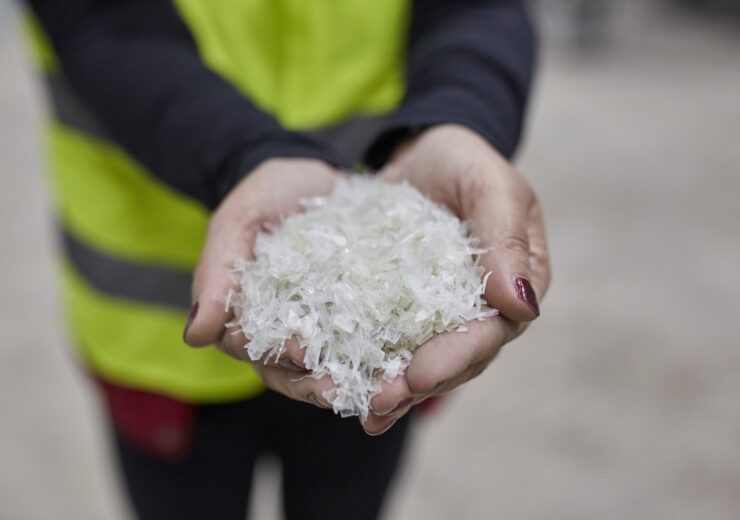The new plant is equipped for post-consumer plastic waste sorting and advanced mechanical recycling

The new plant produces advanced solutions for use in plastic applications. (Credit: Borealis AG)
Norwegian collection and sorting machine manufacturer Tomra and Austrian chemical firm Borealis have opened advanced mechanical recycling demo plant in Lahnstein, Germany, for post-consumer plastic waste.
The new plant for post-consumer plastic waste sorting and advanced mechanical recycling is a joint enterprise between Tomra, Borealis and waste management company firm Zimmerman.
The facility is equipped to process both rigid and flexible plastic waste from households as well as produce the advanced solutions necessary for use in high-demanding plastic applications in various industries, including automotive and consumer products.
Borealis polyolefins, innovation & technology and circular economy solutions executive vice-president Lucrèce Foufopoulos said that the new facility embodies the principles of the Borealis’s EverMinds platform, which seeks to innovate plastics circularity through collaboration.
Foufopoulos added: “Offering brand owners and converters top quality recycled material, suitable for use in highly demanding applications is Borealis’ latest contribution to a more circular economy of plastics.
“Life demands progress, and through collaboration we re-invent for more sustainable living.”
The demo plant aims to produce material for brand owners and converters to qualify, validate and prove fit for use in their highly demanding applications.
Tomra said that the facility’s technical success of the material validations would lead to the groundwork for a commercial-scale advanced recycling plant.
Procter & Gamble (P&G) R&D packaging sustainability technical director Gian De Belder said: “The innovative new approach that Tomra and Borealis are taking shows potential to step-change both the quantity and quality of PCR available for our brands and help us to achieve our 2030 goal to reduce our use of virgin plastic in packaging by 50%, or 300 kilotonnes annually. Early tests of the material look very promising!”
In 2019, Tomra announced its commitment to collect 40% of plastic packaging produced worldwide each year for recycling by 2030.
